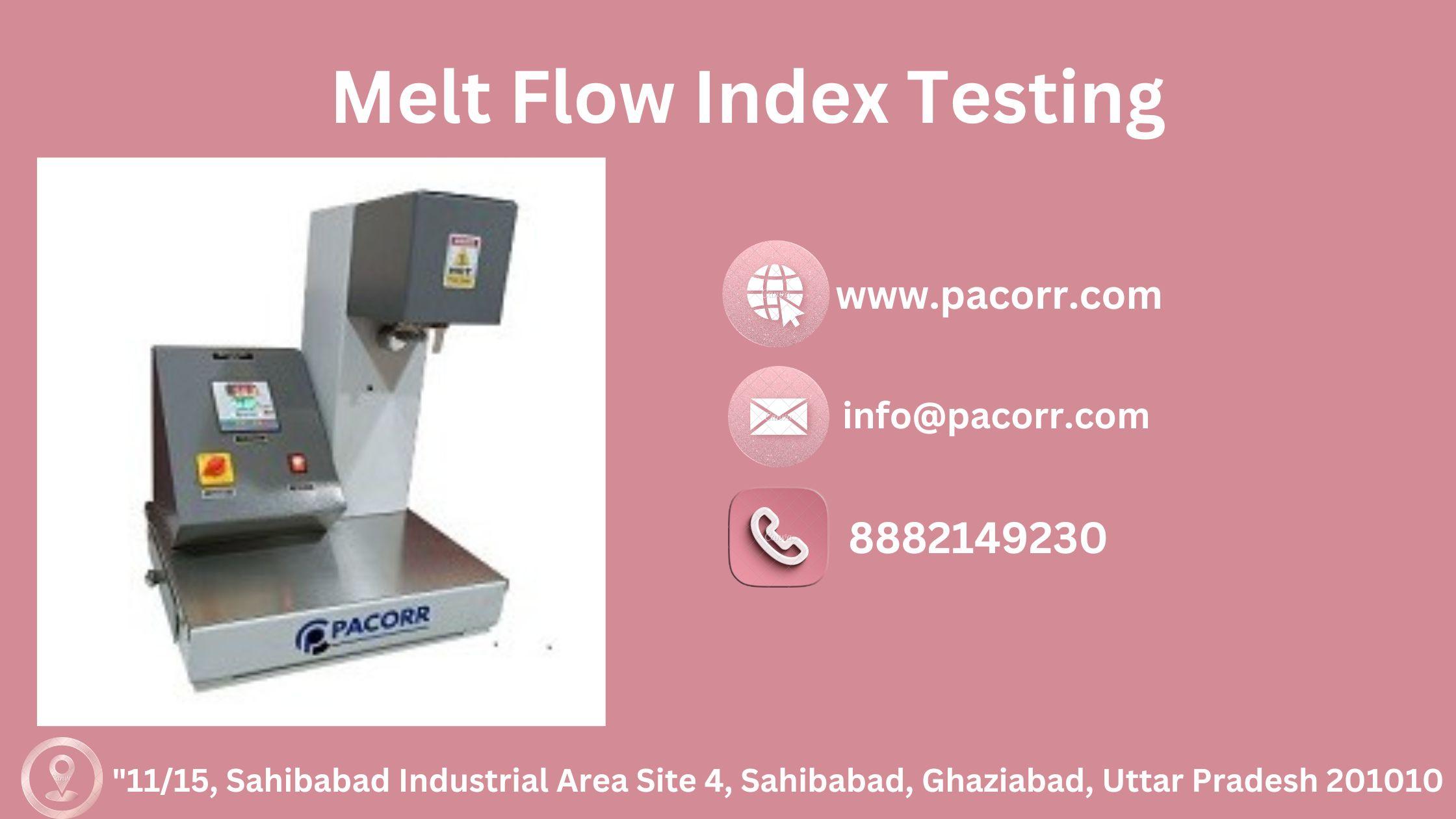Understanding the Melt Flow Index Tester: Essential for Quality Control
In the realm of plastics manufacturing, ensuring consistent quality and performance of materials is paramount. The Melt Flow Index (MFI) Tester emerges as a critical instrument in this endeavor, providing invaluable insights into the flow properties of thermoplastic polymers. This article delves into the significance, working principle, and benefits of the Melt Flow Index Tester.
What is the Melt Flow Index Tester?
The Melt Flow Index Tester is a specialized device designed to measure the flow rate of melted plastic resins. By determining how easily a polymer melts and flows, manufacturers can predict the material’s behavior during processing and in its final application. This information is crucial for maintaining quality control and optimizing production processes.
Importance of Melt Flow Index Testing
1. Quality Assurance: The MFI value is an indicator of a polymer’s viscosity. Consistent MFI values ensure that the plastic will perform reliably in its intended application, whether in packaging, automotive components, or consumer goods.
2. Material Comparison: By comparing the MFI values of different batches or types of polymers, manufacturers can select the most suitable materials for specific applications, enhancing product performance and durability.
3. Regulatory Compliance: Many industries have strict standards for plastic materials. MFI testing helps manufacturers comply with these regulations, ensuring that their products meet both national and international quality standards.
Working Principle of the Melt Flow Index Tester
The Melt Flow Index Testing operates by heating a polymer sample to a specified temperature within a heated barrel. A weight is then placed on the sample, causing it to flow through a small die. The amount of material that flows out within a set time period is measured and expressed as the MFI value, typically in grams per 10 minutes.
Benefits of Using the Melt Flow Index Tester
1. Precision and Accuracy: Modern MFI testers are equipped with advanced technology, providing highly precise and accurate measurements. This reliability is crucial for maintaining consistent quality in plastic products.
2. Ease of Use: With user-friendly interfaces and automated functions, MFI testers are accessible to operators with varying levels of expertise. This ease of use enhances productivity and reduces the likelihood of errors.
3. Versatility: The Melt Flow Index Tester can accommodate a wide range of thermoplastic materials, making it a versatile tool for various industries, from packaging to automotive manufacturing.
Applications of Melt Flow Index Testing
1. Quality Control Laboratories: Regular MFI testing ensures that the plastic materials used in production meet the required specifications, leading to higher quality finished products.
2. Research and Development: In the development of new polymer formulations, MFI testing provides critical data on the flow characteristics of experimental materials, guiding researchers in optimizing their properties.
3. Production Monitoring: On the production floor, MFI testers are used to monitor the consistency of plastic materials, allowing for real-time adjustments and reducing waste.
Choosing the Right Melt Flow Index Tester
When selecting a Melt Flow Index Tester consider the following factors:
1. Temperature Range: Ensure the tester can accommodate the temperature requirements of the materials you use.
2. Load Weights: Different materials may require different weights for accurate testing. Choose a tester with adjustable load options.
3. Automation and Software: Modern testers with automated functions and software integration can streamline the testing process and improve data management.
Conclusion
The Melt Flow Index Tester is an indispensable tool in the plastics industry, providing crucial insights into the flow properties of thermoplastic materials. By ensuring consistent quality, aiding in material selection, and supporting regulatory compliance, the MFI tester plays a vital role in enhancing product performance and reliability. Investing in a high-quality Melt Flow Index Tester is a strategic decision that can yield significant benefits in quality control and production efficiency.



